Anti-doping retests target samples from 2017 Tour de France
A previously undetectable doping product has been revealed by the Operation Aderlass investigation
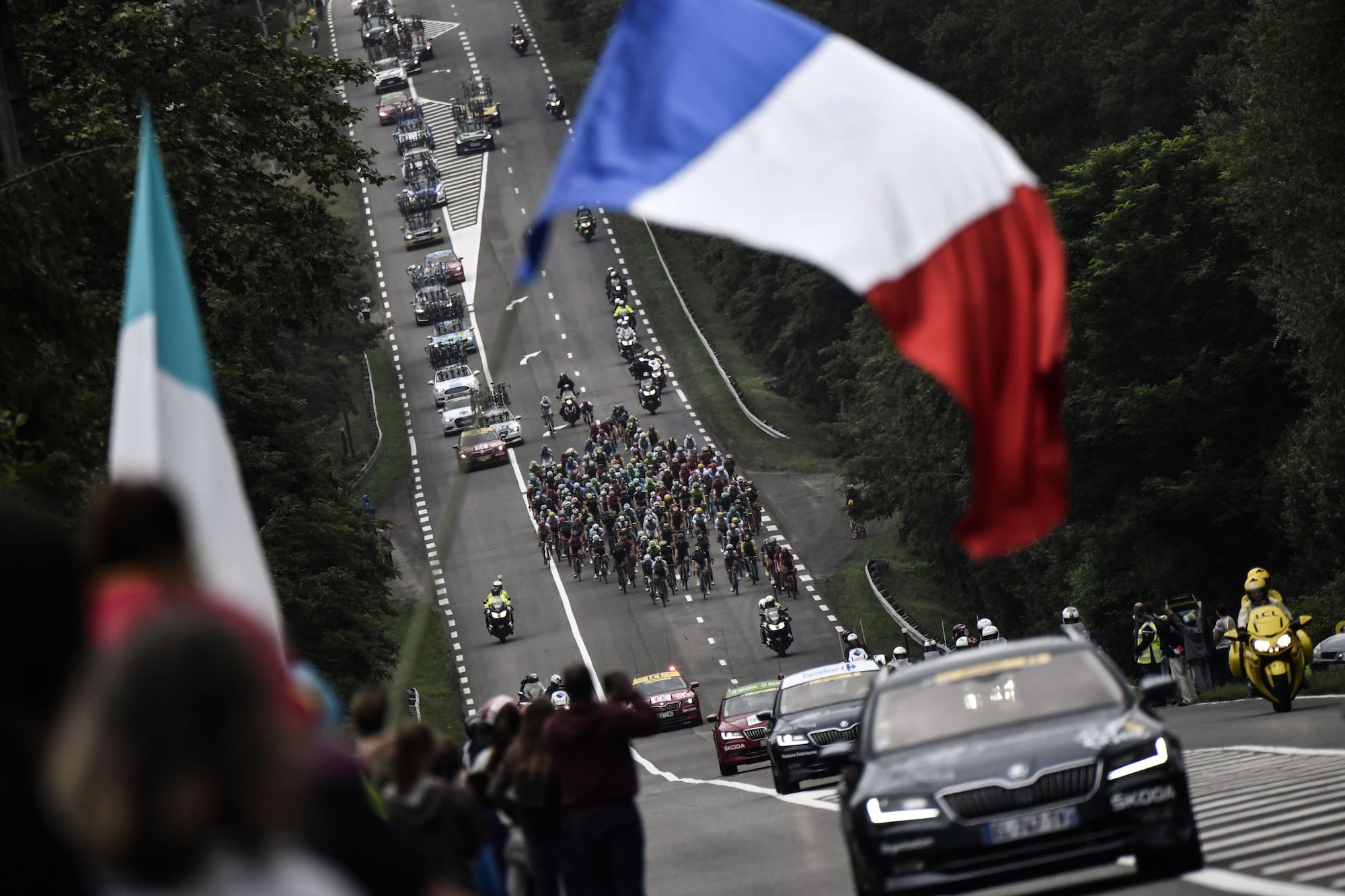
Tour de France 2017 (Jeff Pachoud/AFP via Getty Images)
The 2017 Tour de France has become the target of doping retests after a previously undetectable performance-enhancing drug was uncovered by Operation Aderlass.
This follows the UCI requesting samples from 2016 and 2017 be re-tested following testimonials given during the investigation. Six months later, the Cycling Anti-Doping Foundation (CADF) are now looking for a specific doping product and samples from the 2017 Tour de France will be given particular attention, Belgian newspaper Het Nieuwsblad reports.
The identity of the previously undetectable performance-enhancing drug is currently unknown but is believed to be a product originally made in America. They also say the doping labs in Seibersdorf, Austria, and Cologne, Germany, which is also the largest WADA-accredited laboratory in the world, are responsible for the re-testing.
"On the basis of additional information...we have identified the relevant samples and performed the first analyses. We also refrain from commenting," CADF said.
“During that period [2016-2017], there were a number of prohibited substances that were not available on the regular pharmaceutical market and for which there were not yet optimal detection methods in the labs. These methods have since been improved," Peter Van Eenoo of the Ghent doping lab added.
Operation Aderlass was initially a police investigation into doping in endurance skiing but hit professional cycling after WorldTour riders and staff were implicated in the scandal.
Get The Leadout Newsletter
The latest race content, interviews, features, reviews and expert buying guides, direct to your inbox!
So far, six figures from professional cycling have been banned over their links to the Austrian and German blood doping ring.
In May 2019, the blood doping scandal hit the Giro d’Italia and the Tour of California after the UCI published four names believed to be connected with the case.
Slovenian Bahrain-Merida rider Kristijan Koren was pulled from the Giro by his team, while Kristijan Đurasek from UAE Team Emirates was removed from the Tour of California over the revelations.
Then in October, Koren and Bahrain-Merida assistant sports director Božič were banned for two years each and fired by Bahrain-Merida while Đurasek was banned for four years in November.
Former Groupama-FDJ rider Georg Preidler and former Aqua Blue Sport rider Stefan Denifl have also both been banned from the sport for four years.
In an Austrian court in January, Priedler admitted to blood doping "out of pure curiosity" but denies ever taking any performance-enhancing substances.
In Denifl's trial in February, his defence lawyer claimed there was "90 per cent doping" in cycling.
Speaking in court, Denifl added he was "not a criminal" and "I wouldn’t have got a contract without doping".
Operation Aderlass centres around the German doctor Mark Schmidt, with whom Denifl communicated using a prepaid mobile phone from 2016.
Schmidt has been charged by German authorities in connection with the doping scandal but he has yet to comment on the allegations.

Thank you for reading 20 articles this month* Join now for unlimited access
Enjoy your first month for just £1 / $1 / €1
*Read 5 free articles per month without a subscription

Join now for unlimited access
Try first month for just £1 / $1 / €1
Jonny was Cycling Weekly's Weekend Editor until 2022.
I like writing offbeat features and eating too much bread when working out on the road at bike races.
Before joining Cycling Weekly I worked at The Tab and I've also written for Vice, Time Out, and worked freelance for The Telegraph (I know, but I needed the money at the time so let me live).
I also worked for ITV Cycling between 2011-2018 on their Tour de France and Vuelta a España coverage. Sometimes I'd be helping the producers make the programme and other times I'd be getting the lunches. Just in case you were wondering - Phil Liggett and Paul Sherwen had the same ham sandwich every day, it was great.
-
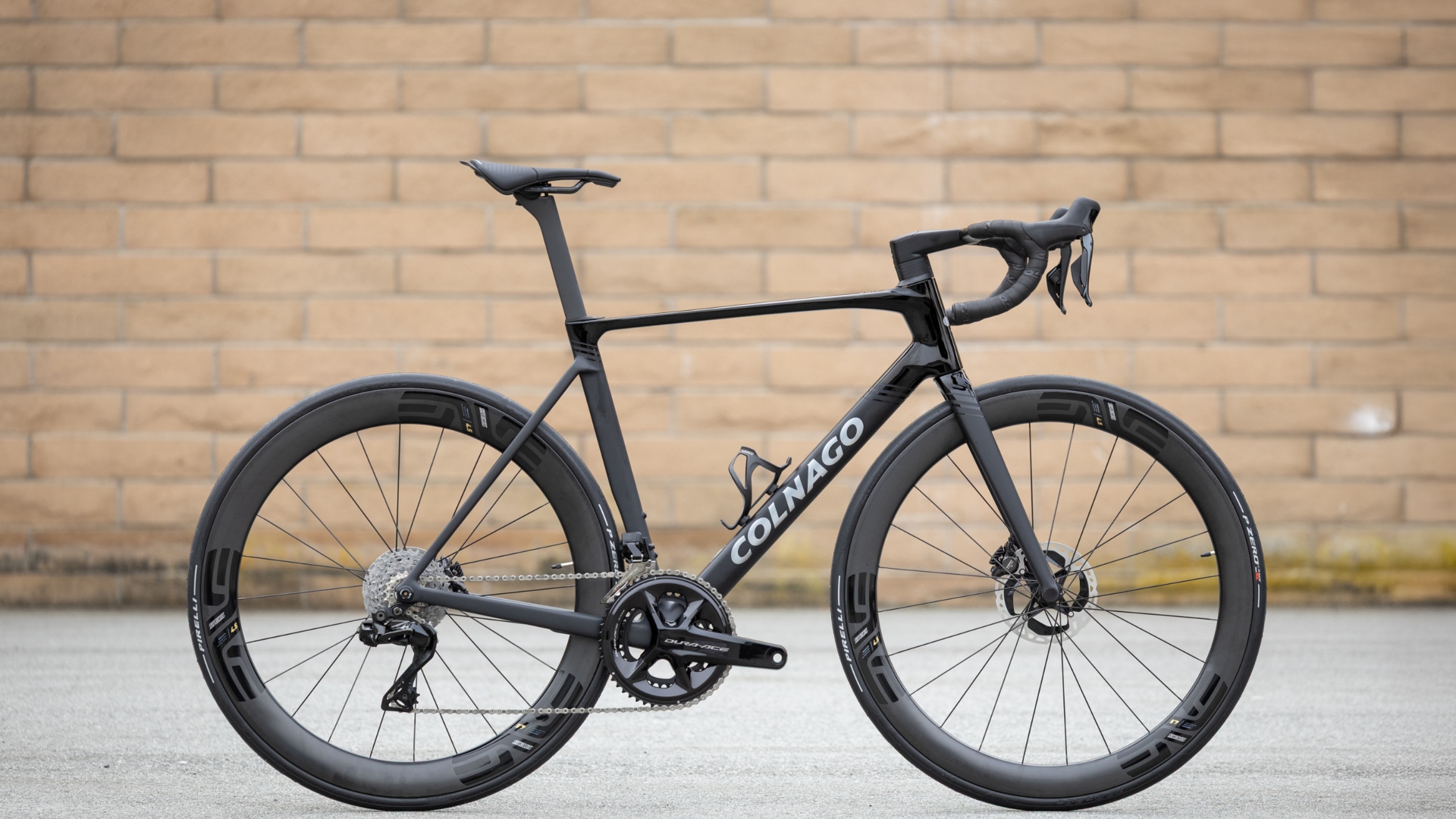 Meet Tadej Pogačar's new weapon: Colnago’s lightest frame ever — the all-new V5Rs
Meet Tadej Pogačar's new weapon: Colnago’s lightest frame ever — the all-new V5RsParis-Roubaix was the last hoorah on Colnago’s winnigest bike, the V4RS. Enter the new V5Rs, to be raced from the Amstel Gold Race onward
By Anne-Marije Rook
-
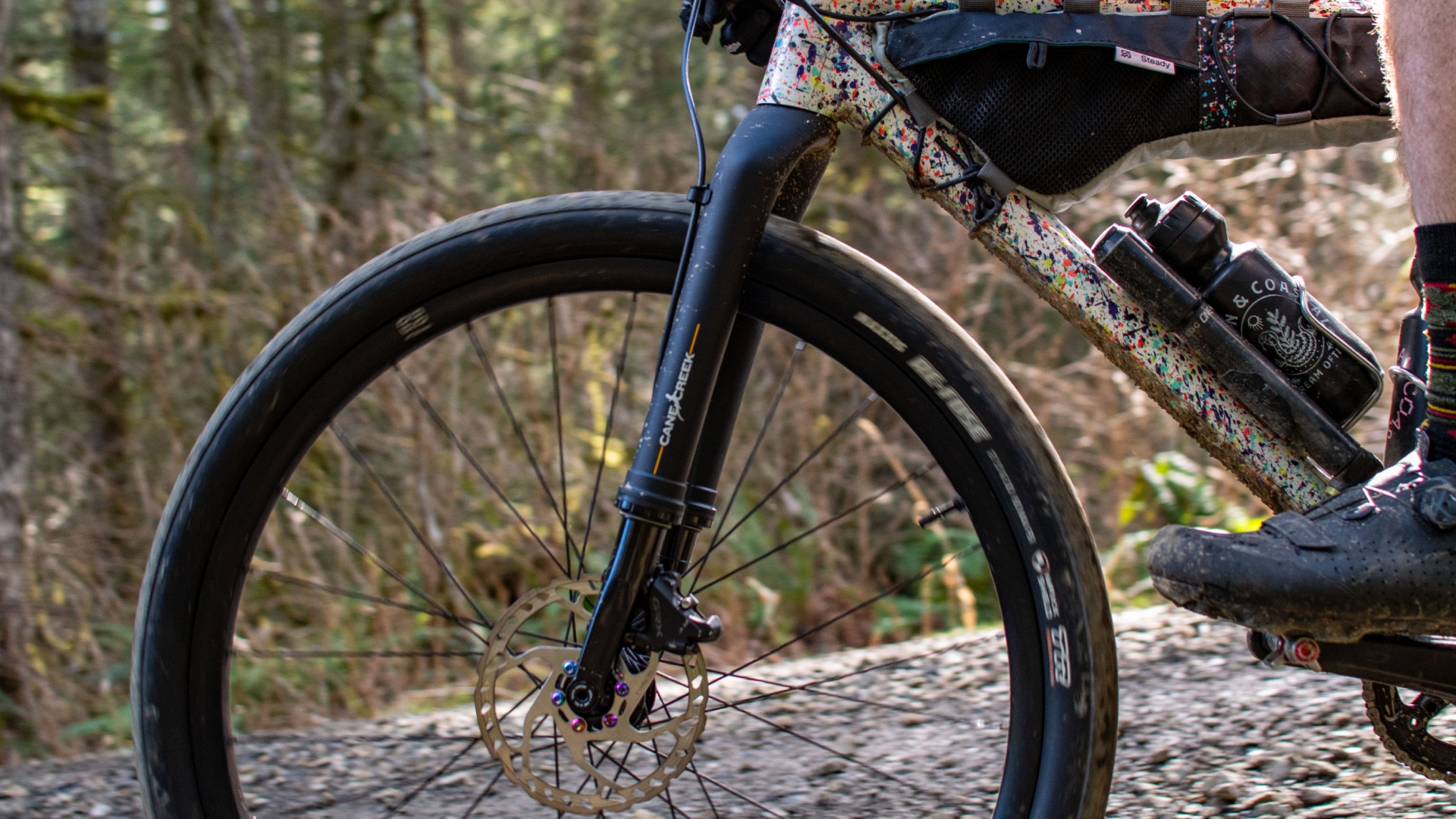 Review: Cane Creek says it made the world’s first gravel fork — but what is a gravel fork, and how does it ride?
Review: Cane Creek says it made the world’s first gravel fork — but what is a gravel fork, and how does it ride?Cane Creek claims its new fork covers the gravel category better than the mini MTB forks from RockShox and Fox, but at this price, we expected more.
By Charlie Kohlmeier
-
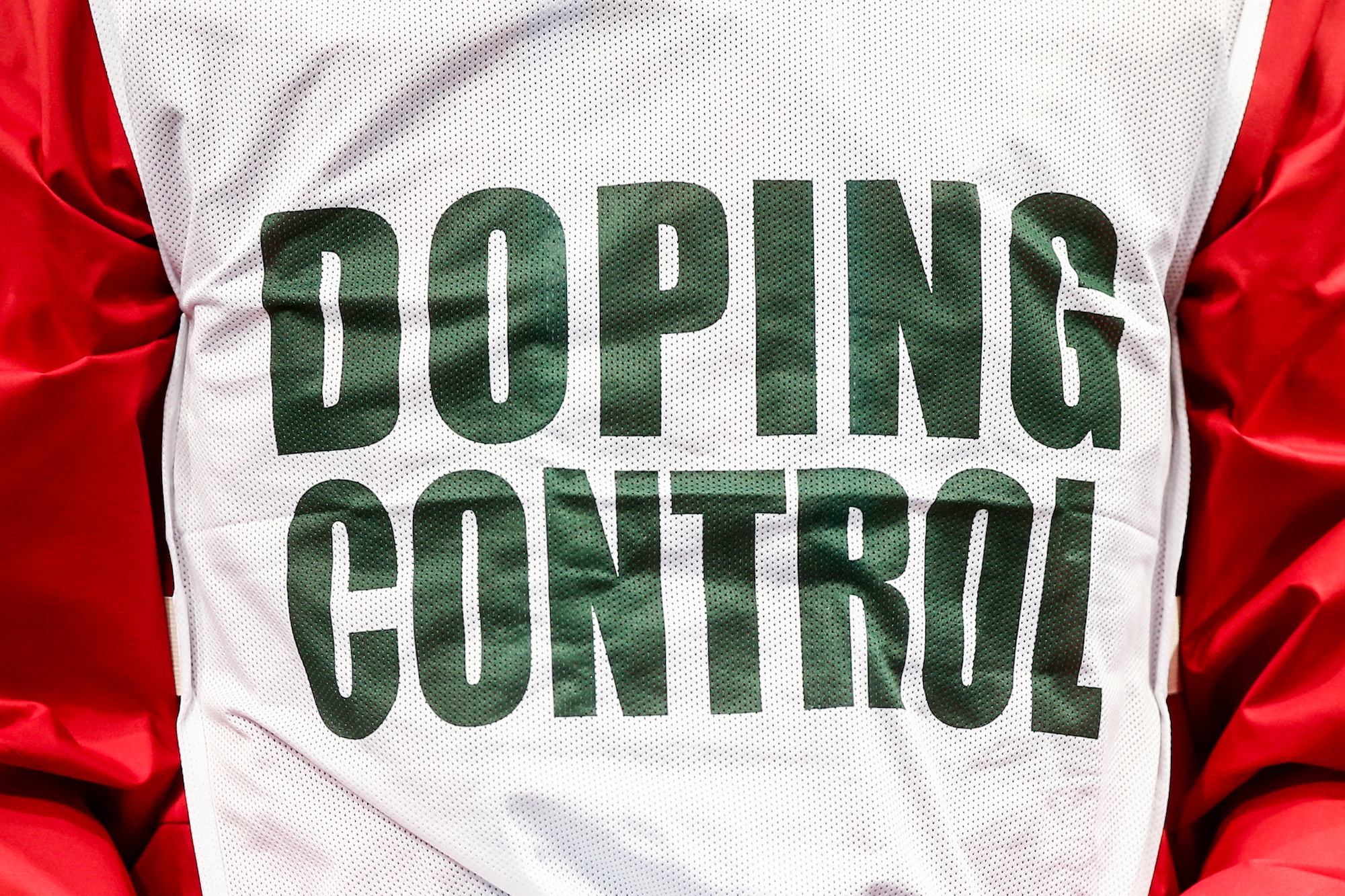 Irish Continental level professional cyclist suspended after EPO positive
Irish Continental level professional cyclist suspended after EPO positiveJesse Ewart, who rode for Terengganu Cycling, has been banned until 2027
By Adam Becket
-
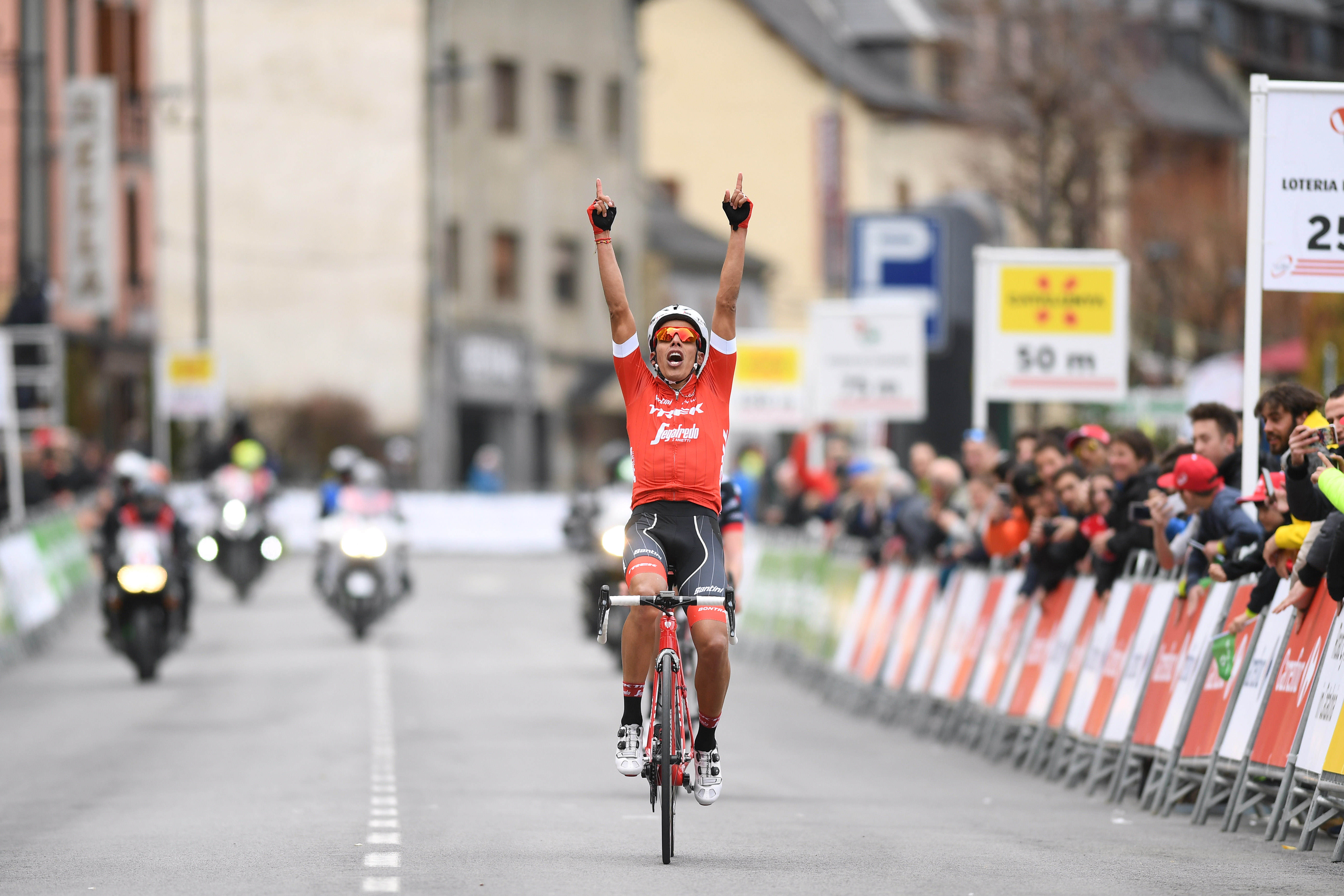 Convicted EPO doper Jarlinson Pantano returns to cycling with Colombian EPM team
Convicted EPO doper Jarlinson Pantano returns to cycling with Colombian EPM teamFormer Trek-Segafredo and IAM Cycling rider rejoins peloton after his four-year band expires
By Adam Becket
-
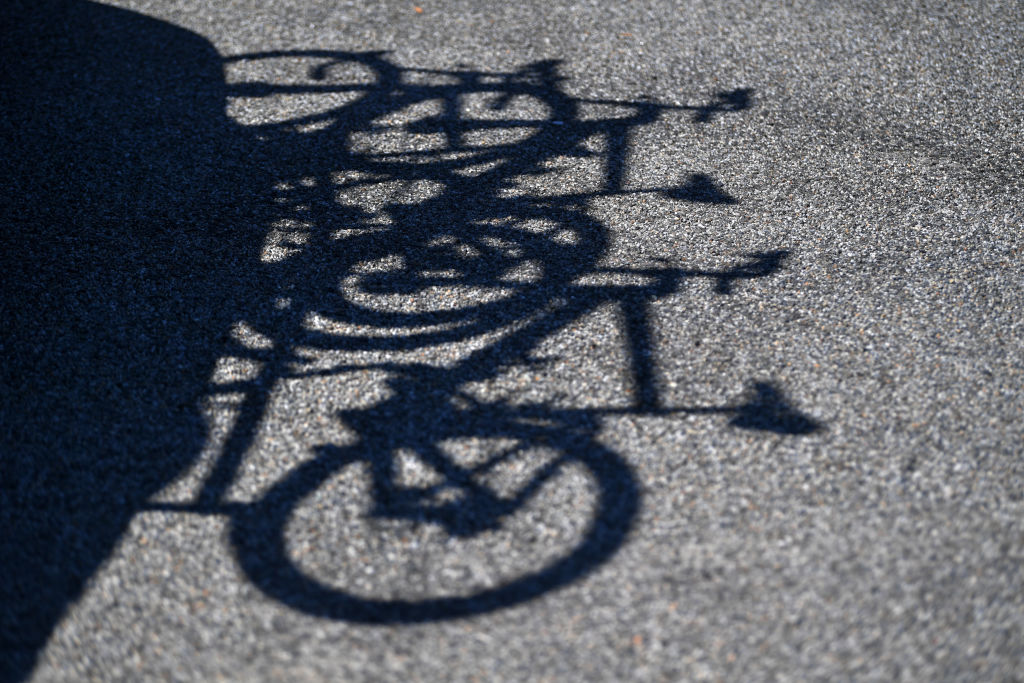 American cyclist Jackson ’Huntley’ Nash handed lifetime ban after doping violations
American cyclist Jackson ’Huntley’ Nash handed lifetime ban after doping violationsUSADA hand down penalty after multiple offences discovered by investigation
By Adam Becket
-
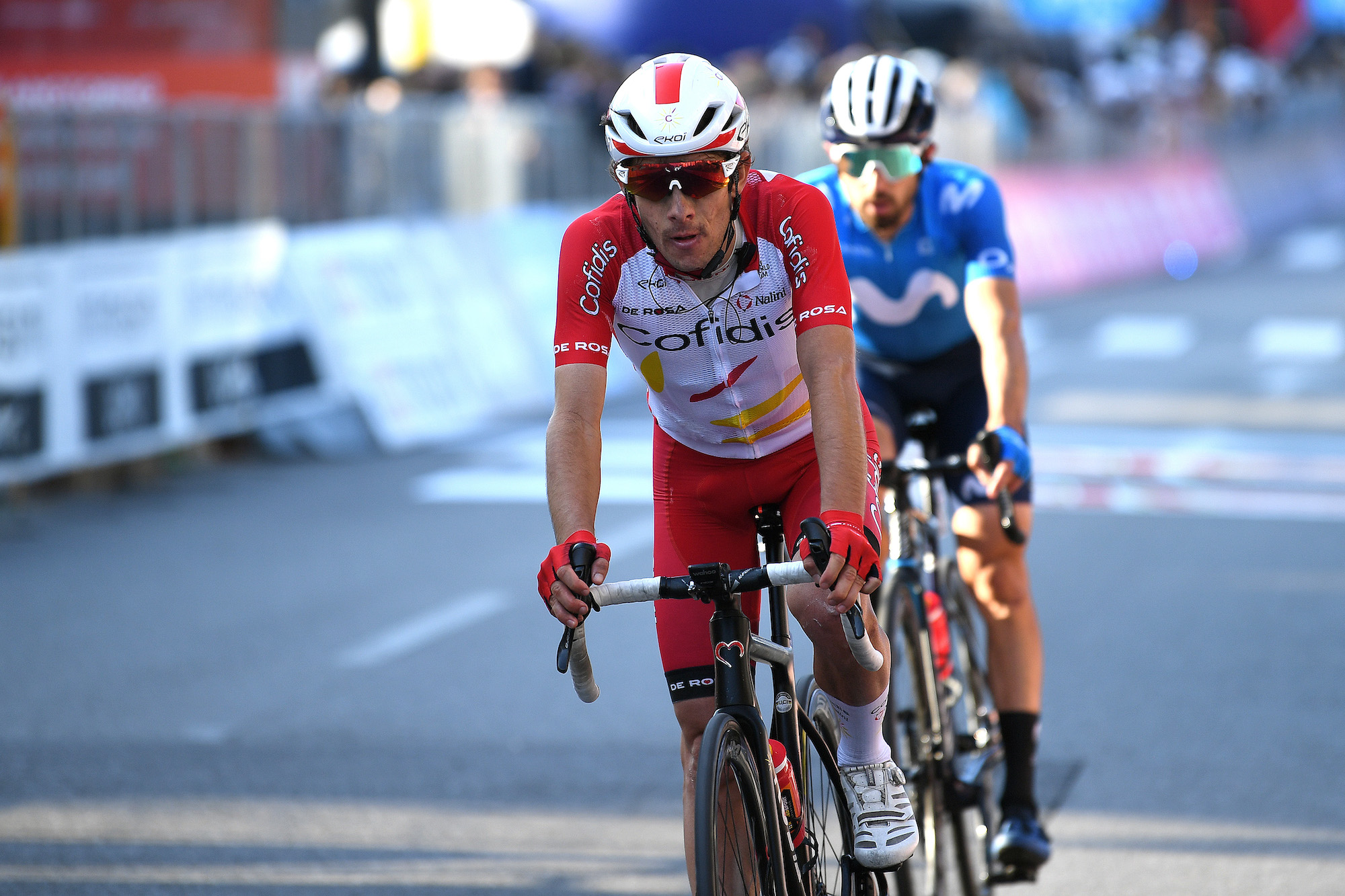 Guillaume Martin: The big question is this grey area of ketones
Guillaume Martin: The big question is this grey area of ketonesThe Frenchman says he is in favour of banning ketones for reasons of fairness
By Jonny Long
-
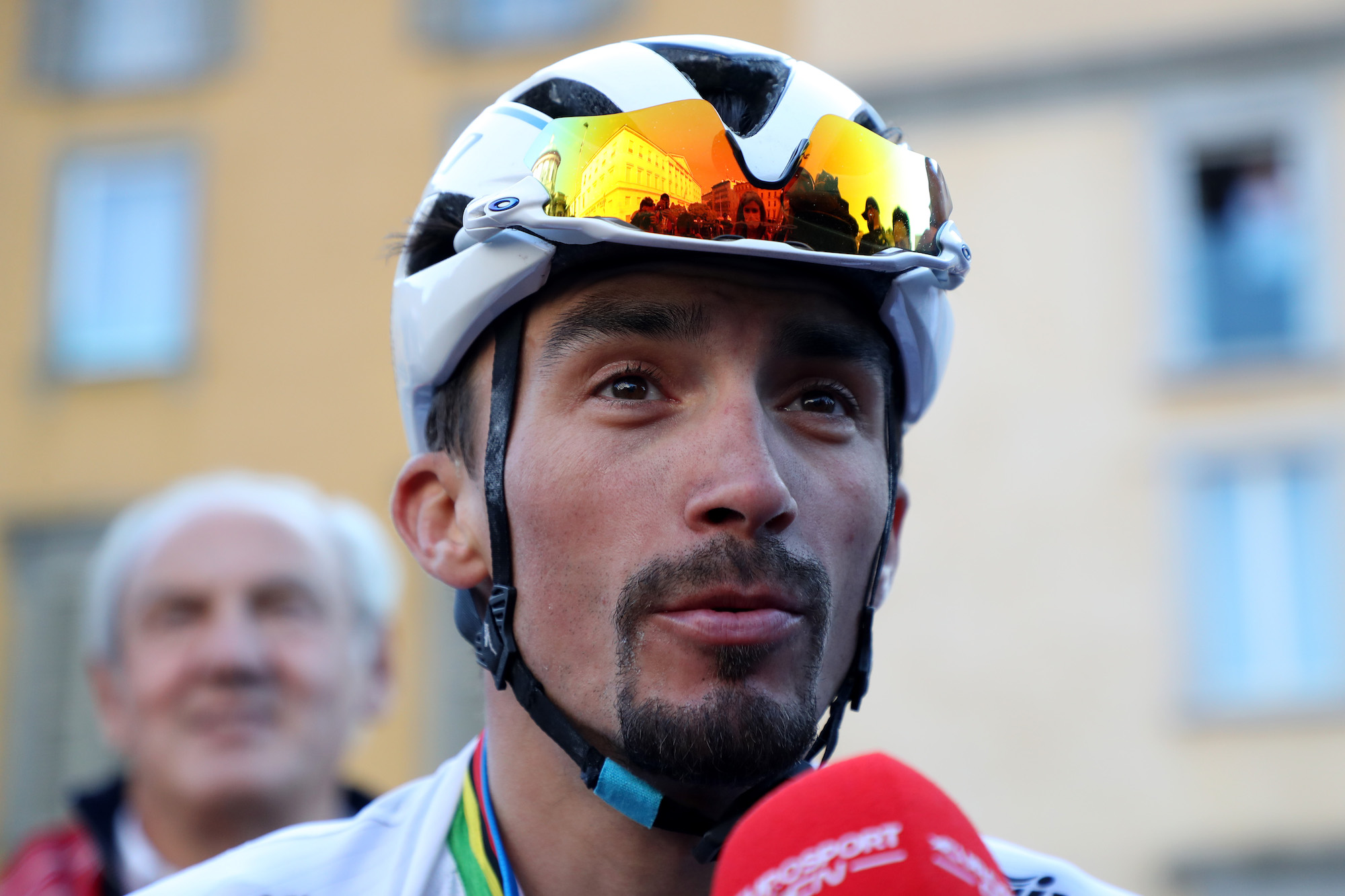 Julian Alaphilippe doesn't share Arnaud Démare's concerns over performance products used in the peloton
Julian Alaphilippe doesn't share Arnaud Démare's concerns over performance products used in the pelotonThe Frenchman also says he 'won't be shouting from the rooftops' when he eventually decides to compete for the Tour de France yellow jersey
By Jonny Long
-
 US amateur rider handed four-year doping ban after winning cat three race
US amateur rider handed four-year doping ban after winning cat three raceThe 49-year-old was tested after his win in the Arizona State Championships this summer
By Alex Ballinger
-
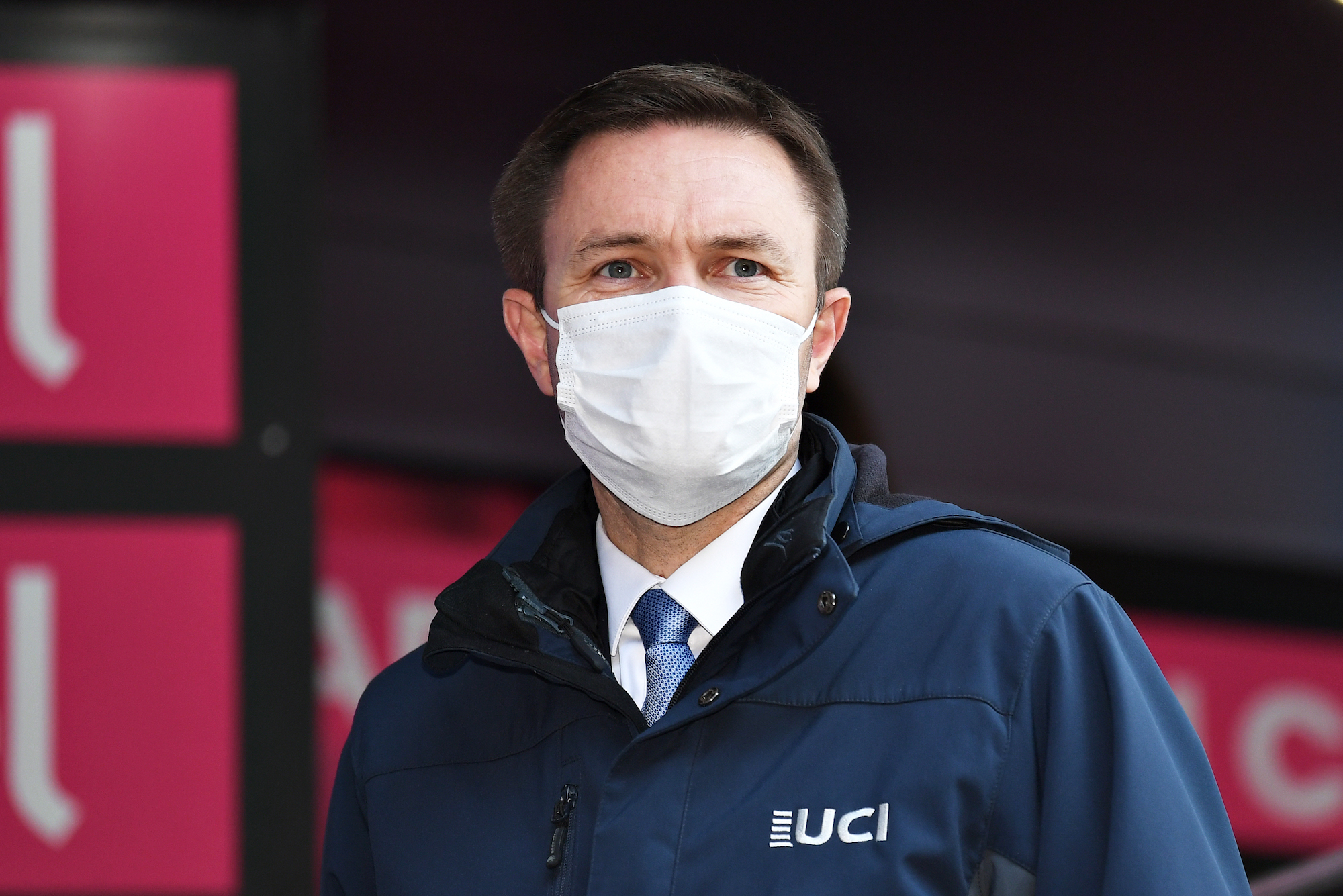 David Lappartient: Riders are sharing rumours of new doping techniques, they feel there is a gap
David Lappartient: Riders are sharing rumours of new doping techniques, they feel there is a gap"Man is limitless in the imagination to cheat," the UCI President said
By Jonny Long
-
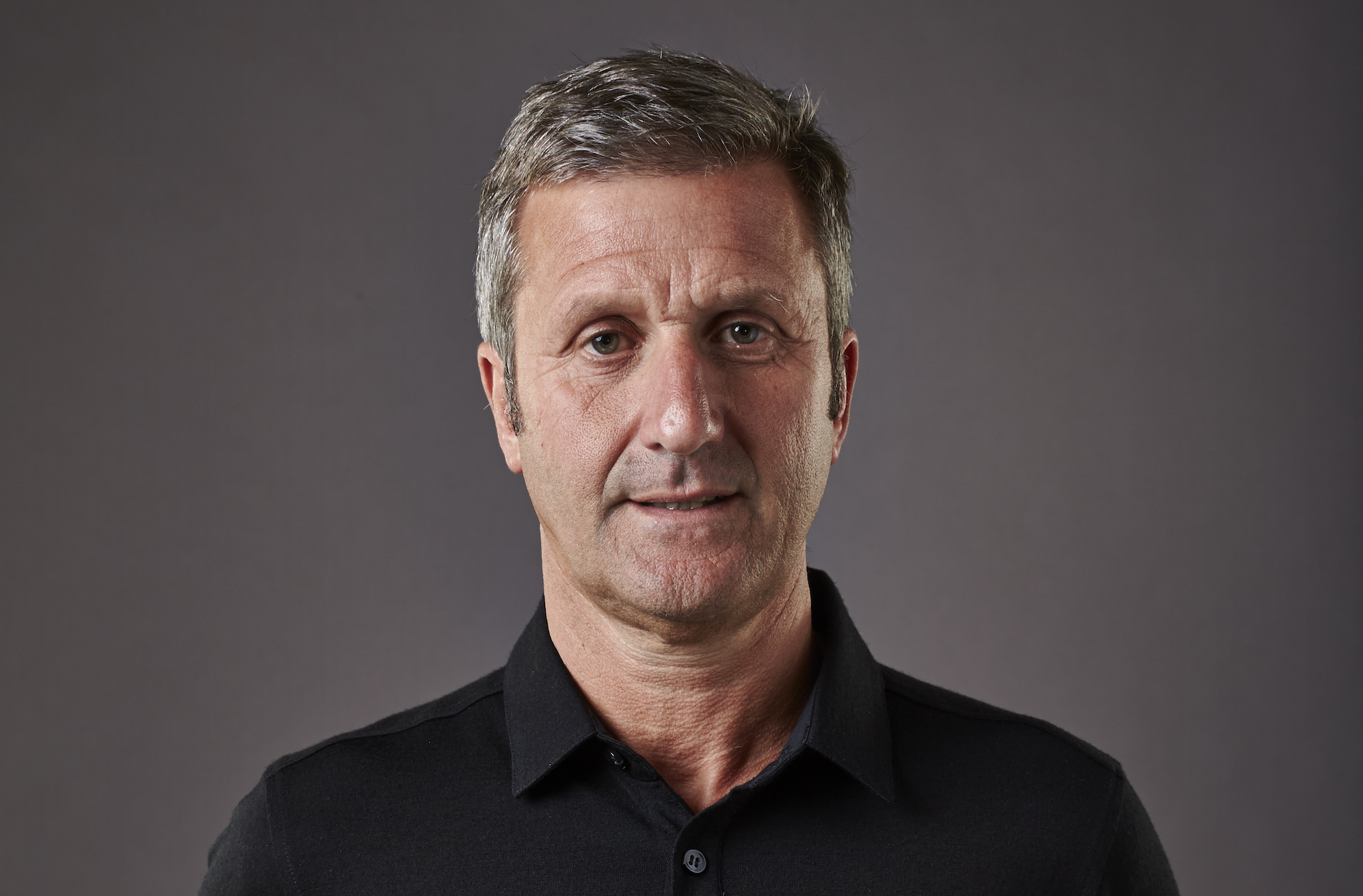 UK Anti-Doping's case against Richard Freeman paused after doping doctor appeals tribunal verdict
UK Anti-Doping's case against Richard Freeman paused after doping doctor appeals tribunal verdictUKAD will resume proceedings against Richard Freeman after his High Court appeal
By Jonny Long